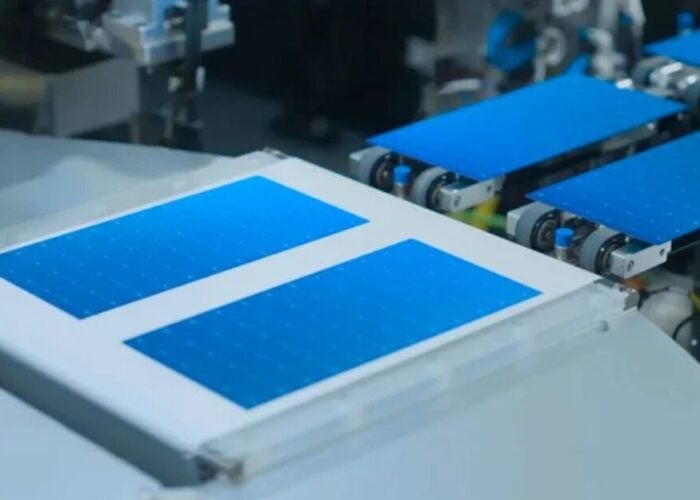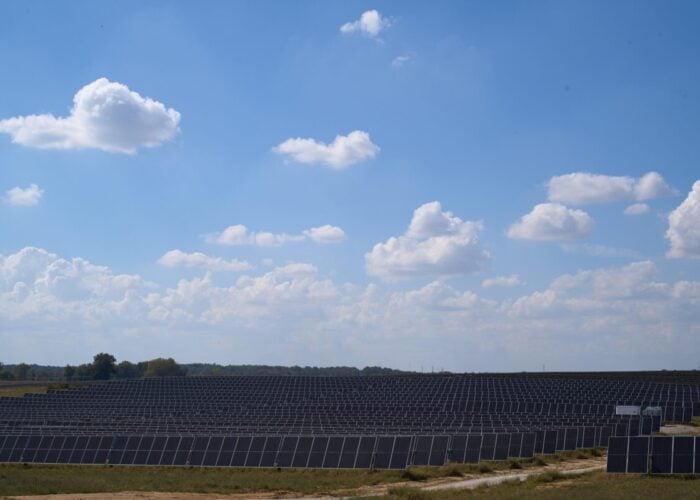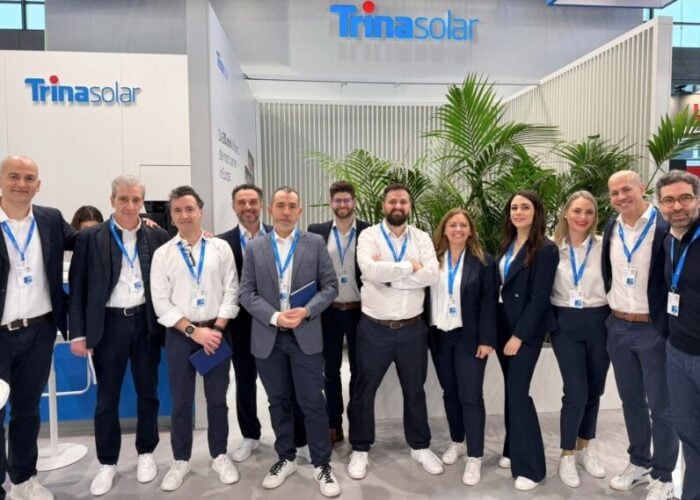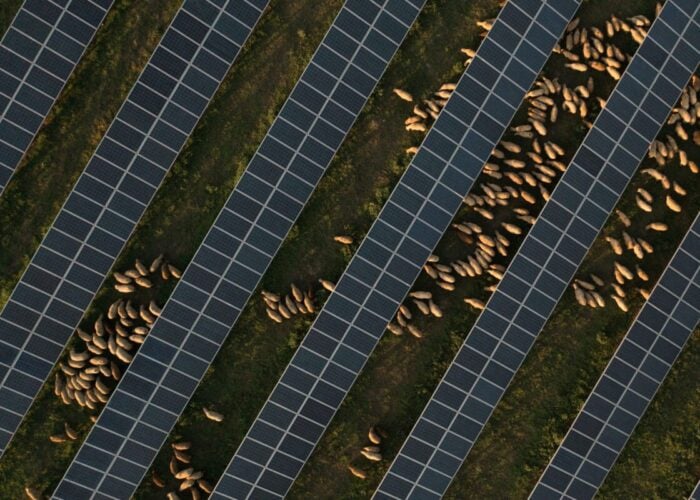Japan’s Ministry of Economics, Trade and Industry (METI), has requested an increase in the nation’s clean energy budget of 62%, partly to help relieve bottlenecks of solar power projects.
METI released a series of budget requests in various fields, including two relating to the provision of renewable energy, which would require ¥46.2 billion yen (US$47.1 million) invested into the electrical grid system from an overall budget request for ¥198.1 billion yen (US$2 billion).
Try Premium for just $1
- Full premium access for the first month at only $1
- Converts to an annual rate after 30 days unless cancelled
- Cancel anytime during the trial period
Premium Benefits
- Expert industry analysis and interviews
- Digital access to PV Tech Power journal
- Exclusive event discounts
Or get the full Premium subscription right away
Or continue reading this article for free
The document also discusses budgeting for assessment and research into various clean energy technologies including ‘smart’ energy saving integrated systems and lithium ion battery installation.
The news comes as Bloomberg reports that in southern Japan, solar power projects are struggling to connect to the grid. Utility companies Chugoku Electric Power and Kyushu Electric Power each have less than 1GW of grid space remaining
In April, Hokkaido Electric Power, based on the northern Japanese island of Hokkaido, revealed that as few as one in four solar power stations were being connected as scheduled due to overcapacity, with the grid unable to cope. Japan’s grid system is split into 10 geographically divided regions, with different utility companies in different regions.
METI released approved installation figures for commercial solar power plants of 19GW for the fiscal year ending March 2013, with only around a tenth of that approved capacity thought be actualy installed in the period, for reasons including grid overcapacity and poor interconnection as well as a land shortage for large scale ground-mounted facilities. Investment in the grid system in Japan has been considered a necessity by many including the Japan Renewable Energy Foundation, headed by Masayoshi Son of telecommunications company Softbank, one of the Japan’s richest men.






